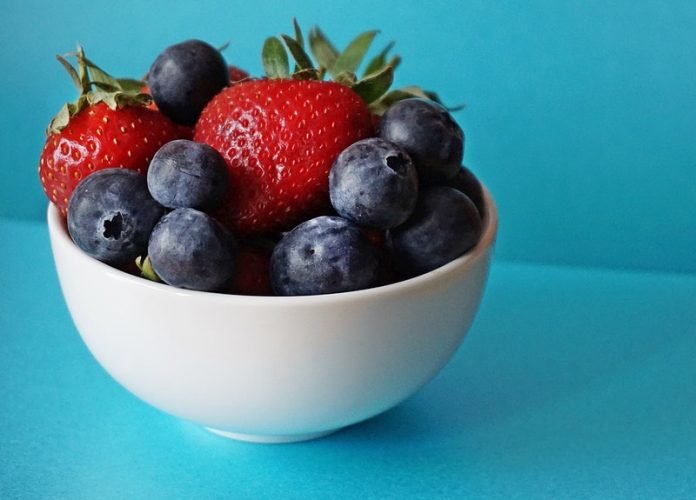
In a recent study at the University of Reading, researchers found that people who consume a diet including flavanol-rich foods and drinks, including tea, apples, and berries, could lead to lower blood pressure.
The findings show a meaningful and strong association between flavanol consumption and lower blood pressure.
The study is published in Scientific Reports. One author is Professor Gunter Kuhnle, a nutritionist.
In the study, the team examined the diet of more than 25,000 people in Norfolk, UK, and compared what they ate with their blood pressure.
In contrast to most other studies investigating links between nutrition and health, the researchers did not rely on study participants reporting their diet but instead measured flavanol intake objectively using nutritional biomarkers—indicators of dietary intake, metabolism, or nutritional status that are present in our blood.
They found the difference in blood pressure between those with the lowest 10% of flavonol intake and those with the highest 10% of intake was between 2 and 4 mmHg.
This is comparable to meaningful changes in blood pressure observed in those following a Mediterranean diet or Dietary Approaches to Stop Hypertension (DASH) diet.
Notably, the effect was stronger in participants with high blood pressure.
This research confirms the results from previous dietary intervention studies and shows that the same results can be achieved with a habitual diet rich in flavanols.
In the British diet, the main sources are tea, cocoa, apples, and berries.
The findings suggest if the general public increased its flavanol intake, there could be an overall reduction in cardiovascular disease incidence.
Copyright © 2021 Knowridge Science Report. All rights reserved.



